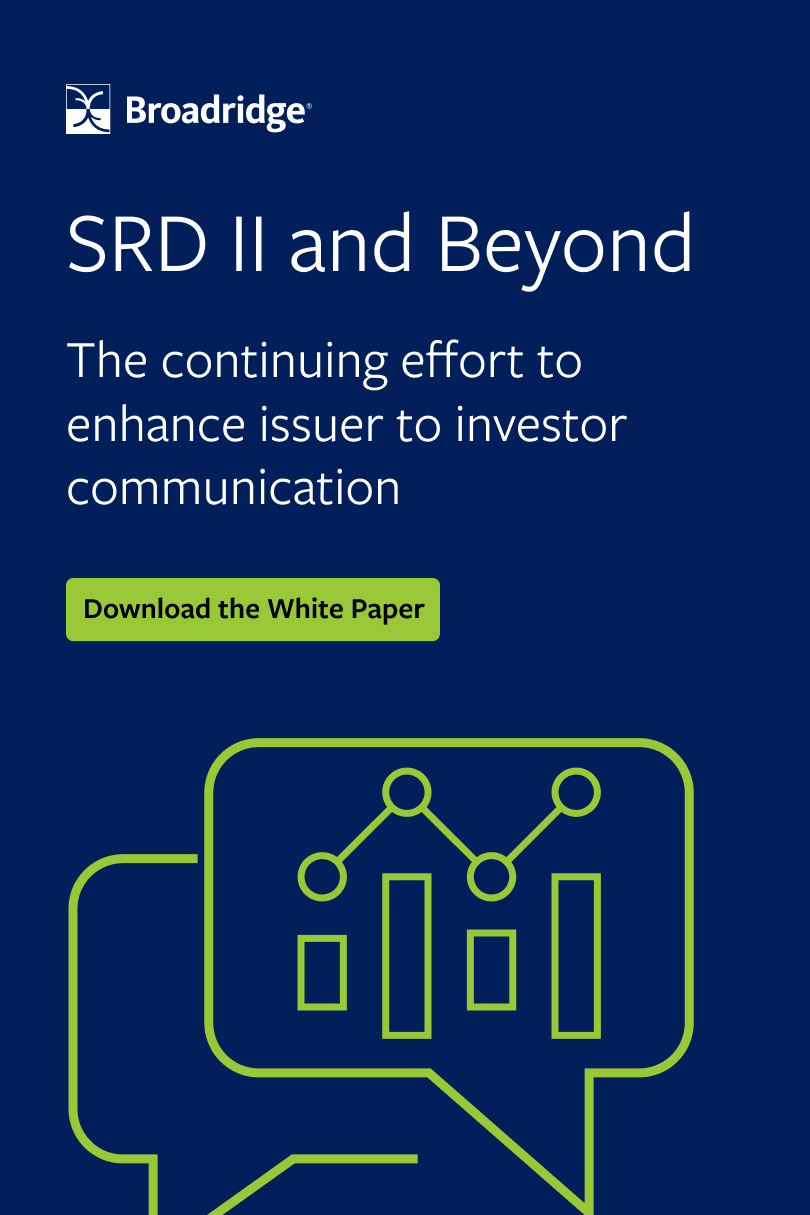The usually busy streets of London are eerily quiet, and the chit-chatter of people in cafes and restaurants are no more. Around the world, the great Colosseum in Rome is deserted, football stadiums are echoing with emptiness, and shopping centres are shut. But this is not a dystopian film, this is our new reality for the foreseeable future. Currently, most of the world is in phase one of COVID-19: lockdown.
With the lockdown comes the slowing, if not crashing, of the economy, not just in the UK, but worldwide. Nigel Green, the CEO and founder of deVere Group, has forecasted that the world economy will “go into recession this year with a predicted loss of global income in trillions of dollars. The economic fallout of COVID-19 is as severe as it is unpredictable”.
In a bid to help the UK economy and the challenges created by the COVID-19 pandemic, the Bank of England reduced the bank rate by 50 basis points to 0.25 percent on 11 March and further reduced it by 15 basis points to 0.1 percent on 19 March.
Also helping to ease the pressure of the unprecedented challenges, the financial services industry has seen regulatory bodies extending or signalling leniency for impending regulatory deadlines, such as the second Markets in Financial Instruments Directive (MiFID II) and the Securities Financing Transactions Regulation (SFTR).
Additionally, the Basel Committee on Banking Supervision (BCBS) and the International Organization of Securities Commissions (IOSCO) agreed to extend the deadline for completing the two final implementation phases of the margin requirements for non-centrally cleared derivatives by one year.
These are just some of the effects the industry has seen so far, but what else can we expect from the COVID-19 pandemic?
The impact on the financial services industry
Commenting on the amendments to regulation timetables, regulatory reporting, and best execution, Chris Hollands, head of European and North American Sales, TradingScreen, says: “Investment managers need additional time to adjust to regulatory change, as opposed to preparing for new rules in the midst of this unprecedented period of market volatility and record volumes.”
Hollands highlights that many fund managers are at least ahead of the curve by putting an increasing focus on their best execution management and monitoring capabilities to prove to regulators that they are achieving best execution across the multiple asset classes that are now in scope.
“Firms now can no longer take the risk of failing to provide, in great detail, information on ‘outlier’ trades, for example, why exactly an unusually large order was placed in a small or mid-cap stock just before the close,” Hollands says.
Discussing further effects, Daniela Klasen-Martin, group head of ManCo services at Crestbridge, explains that the impact on operations in the industry is “substantial and will not be without consequence as asset servicers will have to review their operations to adapt to a new way of working and manage a business operating fully or partially remotely”.
“Those businesses that are adaptable and can react quickly will have an immediate competitive advantage,” Klasen-Martin adds.
Learning from the past
Like the 2008 global financial crisis, COVID-19 impacts are forcing the industry to look at operational resilience but unlike the previous crisis, the chaos has not been sparked by the finance industry, but it will still force firms to reassess their plans for operational resilience.
According to Tej Patel, partner at Capco, “this is an extreme scenario that is testing all aspects of a firm’s current planning to the limit.”
But because the events have not been driven by the finance industry, Patel says he doesn’t expect COVID-19-related challenges to prompt any “significant deviation from established regulatory strategy or policy”.
“There will, however, clearly be lessons learnt across the industry which can be incorporated into future regulation,” Patel acknowledges.
Consequences of the financial crisis have meant that regulations within financial services have become much more stringent, which has enabled transparency, but one industry expert says this has caused constraints on banks.
One industry expert highlights: “Liquidity has been a main challenge for the industry over the past few years. I think part of the challenge for banks is the regulation that is imposed upon them; banks can’t make markets in the way they used to.”
The buy side now holds 43 times the inventory of corporate bonds than the sell side, and only 3 percent of the corporate bonds will trade, so the amount of liquidity available to the banks is gone.
“Liquidity is like a mirage, it evaporates as soon as you try to reach it. All of that risk and liquidity provision has effectively been moved to the buy side,” the expert cites.
They add: “The mood of the market, in terms of governance, has changed since 2008, and central banks have no interest in paying tax dollars in propping up failing financial institutions.”
“Is there a balancing act to be had? Yes. Is there an easy answer/solution? No, probably not.”
The long- and short-term challenges
Some of the main short-term challenges of the pandemic have been identified as adapting to new ways of working, while longer-term impacts have been more difficult to predict.
deVere Group’s Green believes that the global economy is likely to be heading for recovery from a COVID-19-triggered downturn within six months – but only if mass testing is rolled out now and governments guarantee to support demand.
Looking at the short term challenges, Klasen-Martin says one of the main things to focus on is people management. “The outbreak of the infection is something we have never experienced in modern history. How you treat your employees during the crisis will have a considerable effect on their wellbeing and consequently on their loyalty and productivity,” she adds.
Another immediate challenge, Klasen-Martin notes, is to effectively communicate with clients and ensure that you deliver a continued quality service through enhanced digital means. She says: “The challenge is also depending on how deeply your clients are impacted by COVID-19 and how well prepared they are to face the financial impact on their operations.”
Patel affirms: “Outside of the obviously critical considerations around our individual welfare, ways of life and wider societies, the immediate challenge for financial services firms is the capacity of virtual or remote environments to handle the sheer volume of employees trying to work remotely and securely.”
He also identifies that anything that involves collective testing or industry-wide simultaneous adoption will be far harder to coordinate when employees working from home. Additionally, he explains that some clients are implementing shifts for virtual working to help manage bandwidth challenges. Others are having to make emergency investments, for example in servers and VPN keys for staff, to support the massive uptick in-home or remote working.
Observing some of the medium- to long-term operations, Klasen-Martin explains that the volatility of the financial markets will have an immediate effect on open-ended funds, thus putting some asset managers at risk, if liquidity is not managed appropriately.
“Other strategies such as real estate, PE and lending will be impacted in the medium to long term, as the underlying investments may suffer financial losses or default and valuations be impacted,” she highlights.
According to Klasen-Martin, for asset servicers, ultimately, the risk lies in a book of business which is too concentrated on a specific strategy or on a few key clients.
The long-term impacts of COVID-19 are difficult to predict but if efforts to “flatten the curve” of infection rates are not successful, then Patel says we might expect to see the financial services industry’s ability to offer a full range of services to clients to become compromised. He comments: “It’s worth adding that financial services historically have been less agile when it came to adopting new technologies or ways of working, particularly in contrast to big tech companies, for instance.”
“This period has forced everyone both inside and outside the workplace to accommodate new ways of communicating and more flexible working patterns. No guarantees of course, but if these habits continue once things do get back to normal, then that will be one positive to come from a very bad situation,” he adds.
Also on a positive note, Green states: “I’m confident that global financial markets will stage a relief rally when there is a definitive signal that the infection rate is dropping and that cases have peaked. Investors will come off the sidelines and prices will jump.”
Although the coming months will be extremely tough for many individuals, businesses and sectors, Green says there is hope that economic recovery might arrive relatively soon.
Klasen-Martin explains that time will tell what the long-term challenges will be, and as there is still uncertainty on how long businesses and people will have to suffer from this unprecedented event, “the magnitude of the impact is difficult to assess” she says.
“I am convinced of one thing: inevitably businesses will have to reinvent themselves and incorporate in their future operating model lessons learned from the COVID-19 outbreak,” Klasen-Martin concludes.
Times are tough and it is hard to see an end in sight at the moment, but there are glimmers of hope, and reasons to look out for light at the end of the tunnel.



